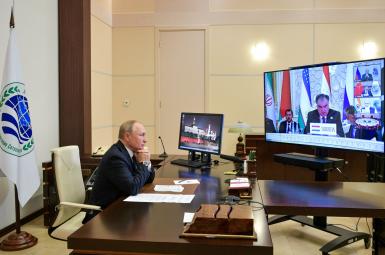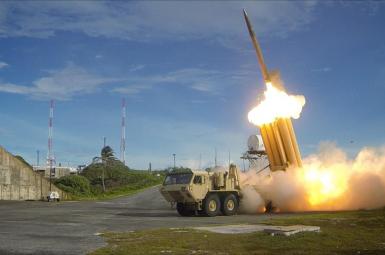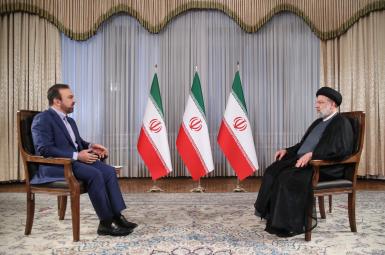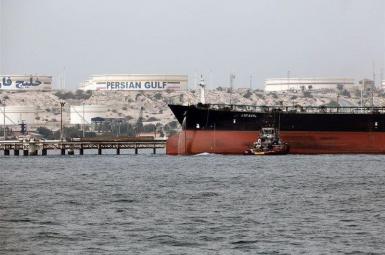
Second Round of Iran-Saudi Talks Planned This Month - Sources
DUBAI, April 21 (Reuters) - Saudi and Iranian officials plan further direct talks this month though no date has been set, Middle East officials and sources said, with the aim of easing tensions between the arch-rivals in a significant move for regional stability.
Sunni Muslim power Saudi Arabia and Shi'ite Iran are locked in a rivalry that has played out in proxy conflicts across the region, including in Yemen. Riyadh has also blamed Tehran for a 2019 attack on Saudi oil facilities, a charge Tehran denied.
Neither Riyadh nor Tehran, who cut diplomatic ties in 2016, have publicly confirmed or denied a first meeting in Iraq earlier this month though Iran's envoy to Baghdad has welcomed Iraqi mediation to mend ties with Gulf states.
The talks come as the United States pursues diplomacy in Vienna to revive world powers' 2015 nuclear accord with Iran, which Washington abandoned three years ago and Riyadh had opposed for not tackling Tehran's ballistic missiles programme and wider regional behaviour.
"The April meeting was a very constructive meeting during which many issues, mainly the Yemen crisis, and Iran's nuclear deal were discussed," said an official in the Middle East.
The official and two regional sources said further talks could happen before the end of the month but the timing depended on progress in Vienna negotiations. A foreign diplomat in Riyadh said a second meeting is expected in late April or early May.
The talks, which proceeded after the Iraqi prime minister visited Riyadh, are being led by Saudi intelligence chief Khalid Humaidan and Saeed Iravani, the deputy secretary of Iran's Supreme National Security Council, informed sources have said.
FOCUS ON YEMEN
The main focus, three of the sources including the diplomat said, has been on Yemen, where a coalition led by Saudi Arabia is battling the Iran-aligned Houthi group that has ramped up drone and missile attacks on Saudi Arabia.
The regional official said the Iranian side promised to use Tehran's influence to halt Houthi attacks on Saudi Arabia and in return requested that Riyadh support the nuclear talks, an account confirmed by another source familiar with the matter.
The Saudi government media office did not immediately respond to a request for comment.
President Joe Biden has made ending the six-year Yemen war a priority. U.S. special envoy Tim Lenderking said on Wednesday that Washington would welcome Iran playing a constructive role in Yemen but "we have not seen any indication of that".
Two other regional sources said the meeting also discussed Lebanon, where Riyadh has been alarmed at the expanding influence of the Iran-backed Hezbollah movement.
"I don't think they're likely to strike a deal at the moment," the diplomat said, adding the aim was likely more to prevent any action that causes tensions to ignite.
The Vienna talks aim to bring Washington and Tehran back into full compliance with the nuclear deal. In retaliation for sanctions reimposed since 2018 by then-president Donald Trump, Iran has breached key nuclear restrictions mandated by the pact.
The remaining parties to the deal, the United States and Iran said on Tuesday there has been progress but both Washington and Tehran said a long road remains ahead.
Riyadh, which along with its allies has asked for expanded talks that include Gulf states, has called on Iran to engage in the talks and for the international community to reach a stronger nuclear deal with longer duration.
A Saudi foreign ministry official had said that any deal in Vienna should be a starting point leading to broader talks that could be facilitated by confidence-building measures.








